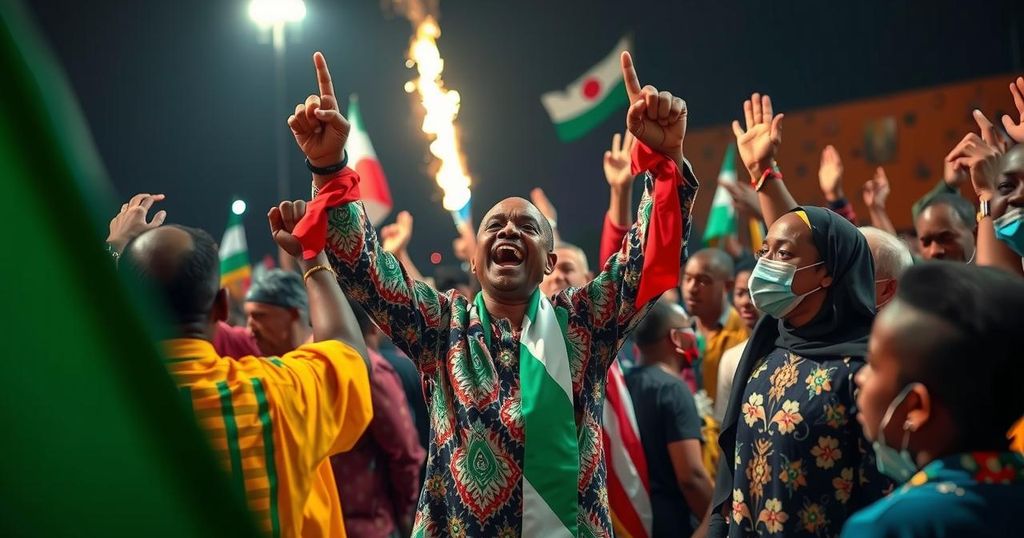Opposition Leader Abdullahi Elected President of Somaliland

Abdirahman Mohamed Abdullahi, leader of the Waddani Party, has been elected president of Somaliland with 64 percent of the vote, defeating incumbent Muse Bihi Abdi. Somaliland has maintained a stable government since declaring independence in 1991 but seeks international recognition. Recent negotiations with Ethiopia could impact its quest for legitimacy and economic improvement.
Abdirahman Mohamed Abdullahi, commonly known as Irro, has been elected president of Somaliland, a self-declared region in northern Somalia, which sought its independence in 1991. Leading the Waddani Party, Abdullahi garnered approximately 64 percent of the votes, successfully defeating the incumbent president, Muse Bihi Abdi of the Kulmiye Party, who received about 35 percent. This victory comes after a delayed election, initially scheduled for two years prior, highlighting Somaliland’s persistent quest for international recognition despite prevailing political challenges.
Somaliland, established in 1991 amidst Somalia’s descent into turmoil, has created a stable political environment that starkly contrasts with the struggles faced by the rest of Somalia. While the region functions with its government, currency, and security forces, it remains unrecognized globally, limiting its access to international aid and travel for its citizens. The recent election outcome is significant, as both candidates committed to reviving the ailing economy and enhancing efforts for international legitimacy, further complicated by a contentious agreement with Ethiopia regarding sea access.
The election of Abdullahi represents a pivotal moment for Somaliland, as it seeks to bolster its international presence and improve its economic conditions. The region’s ongoing negotiations with Ethiopia reflect its strategic interests, while the global response, particularly from the United States, could influence Somaliland’s future status on the world stage. Ultimately, this election sets the tone for upcoming reforms and international relations in a region marked by historical unrest.
Original Source: www.aljazeera.com







